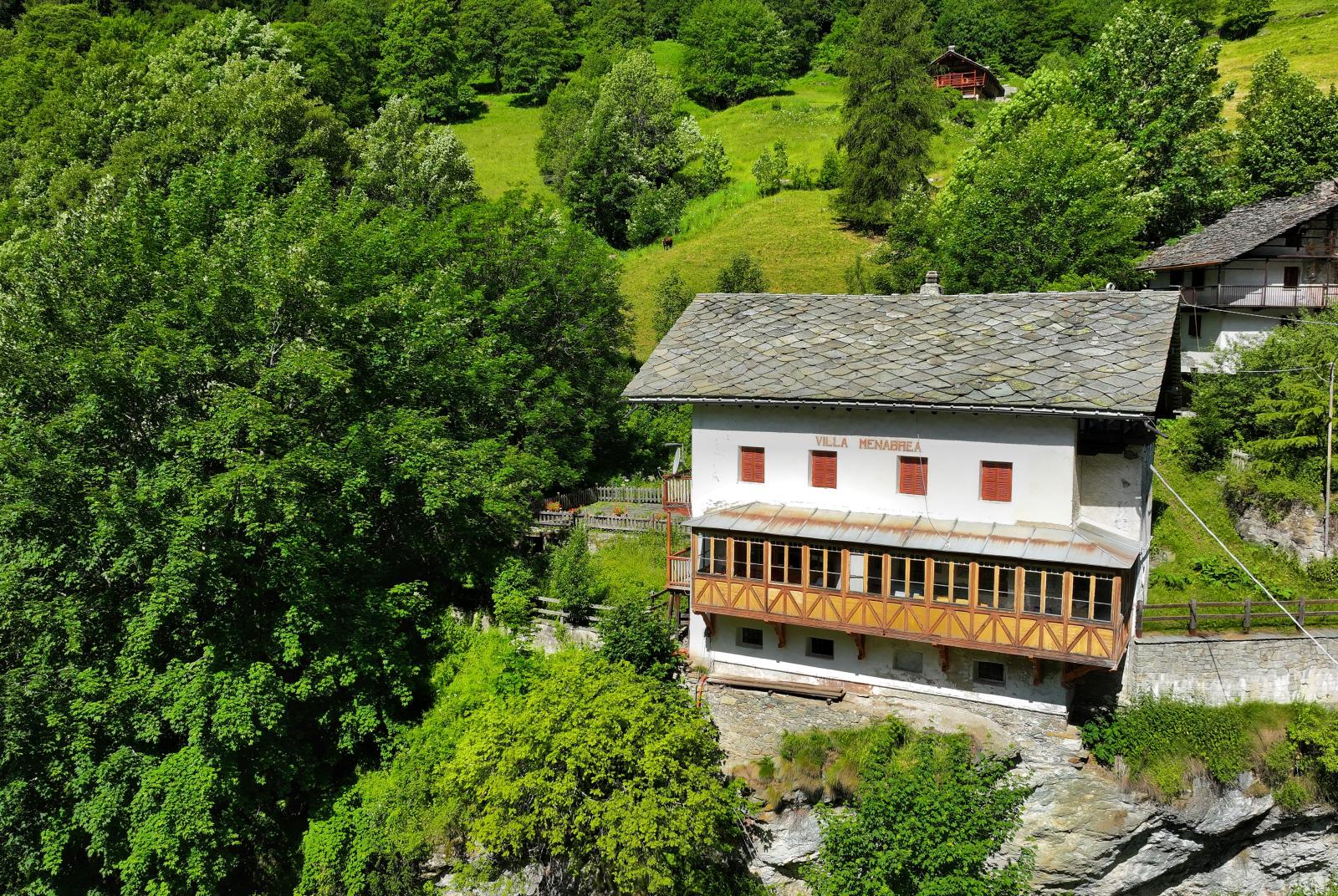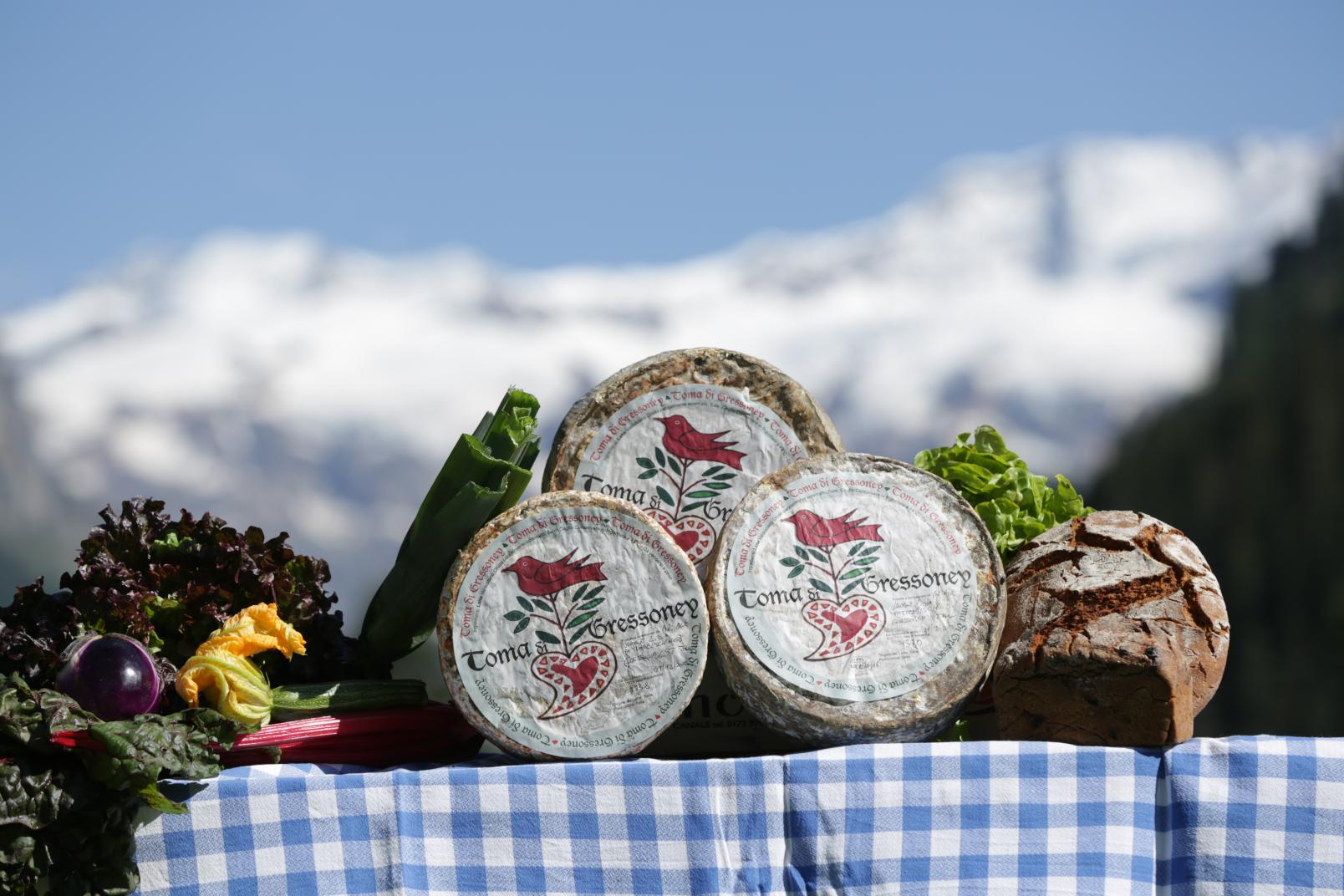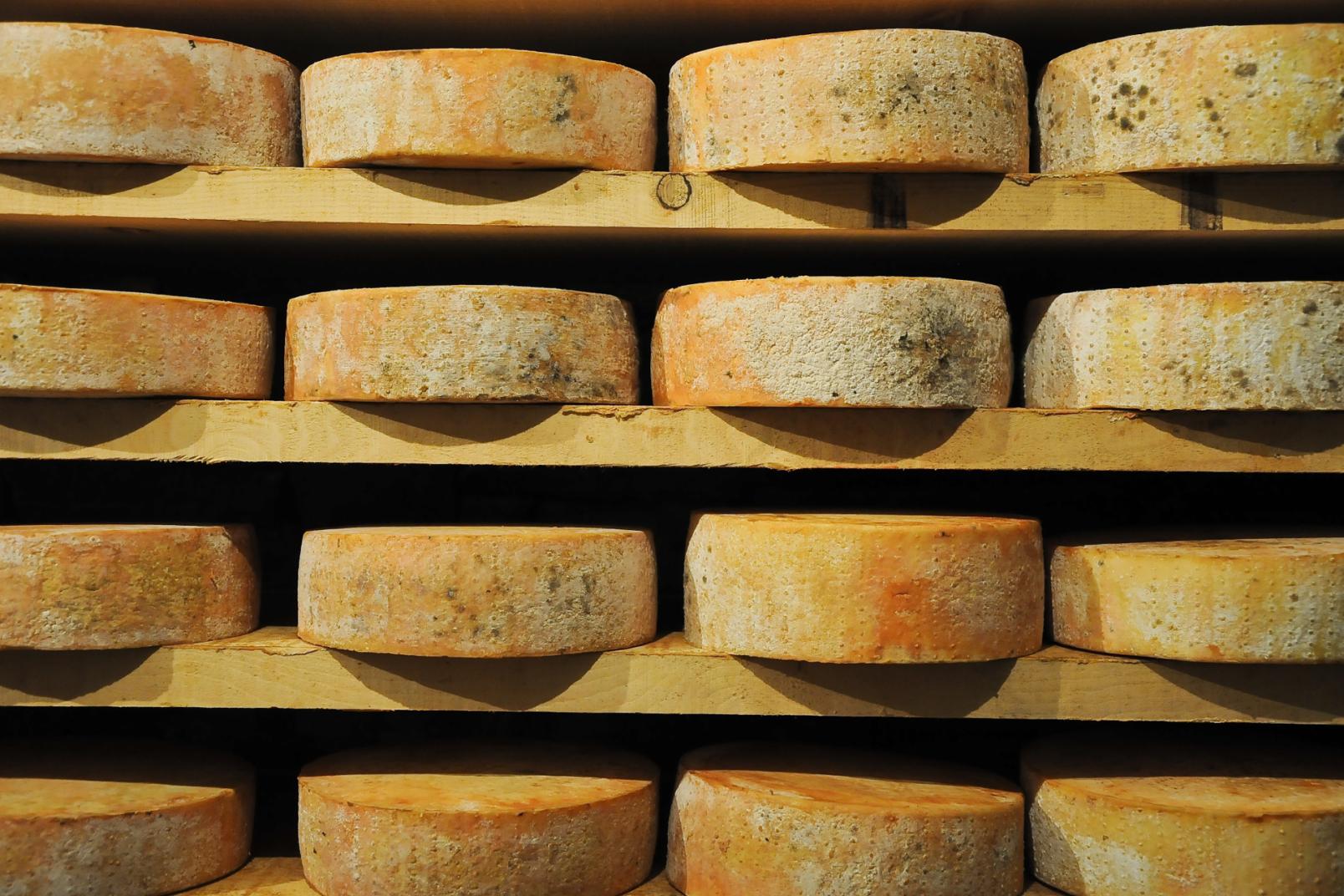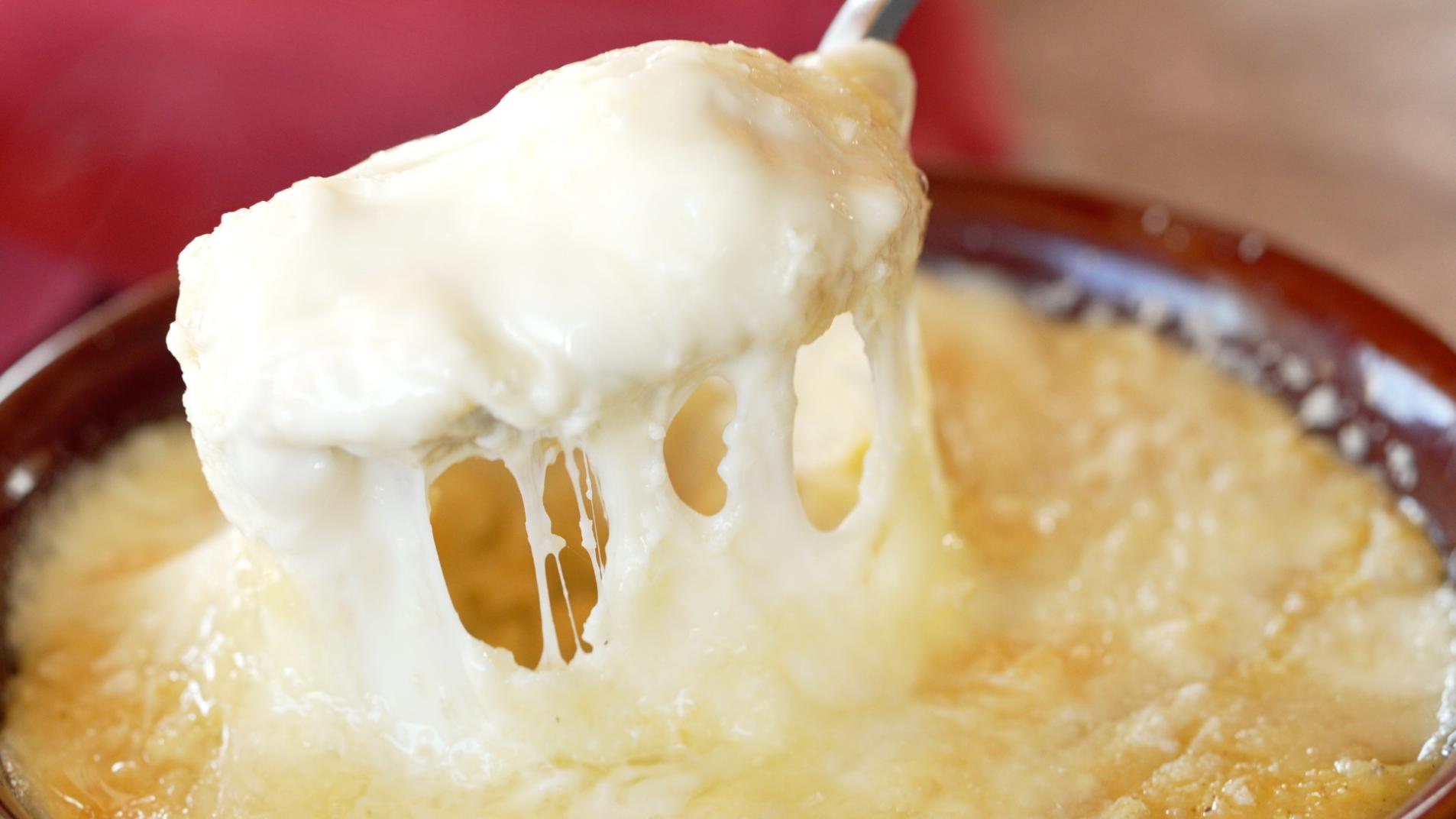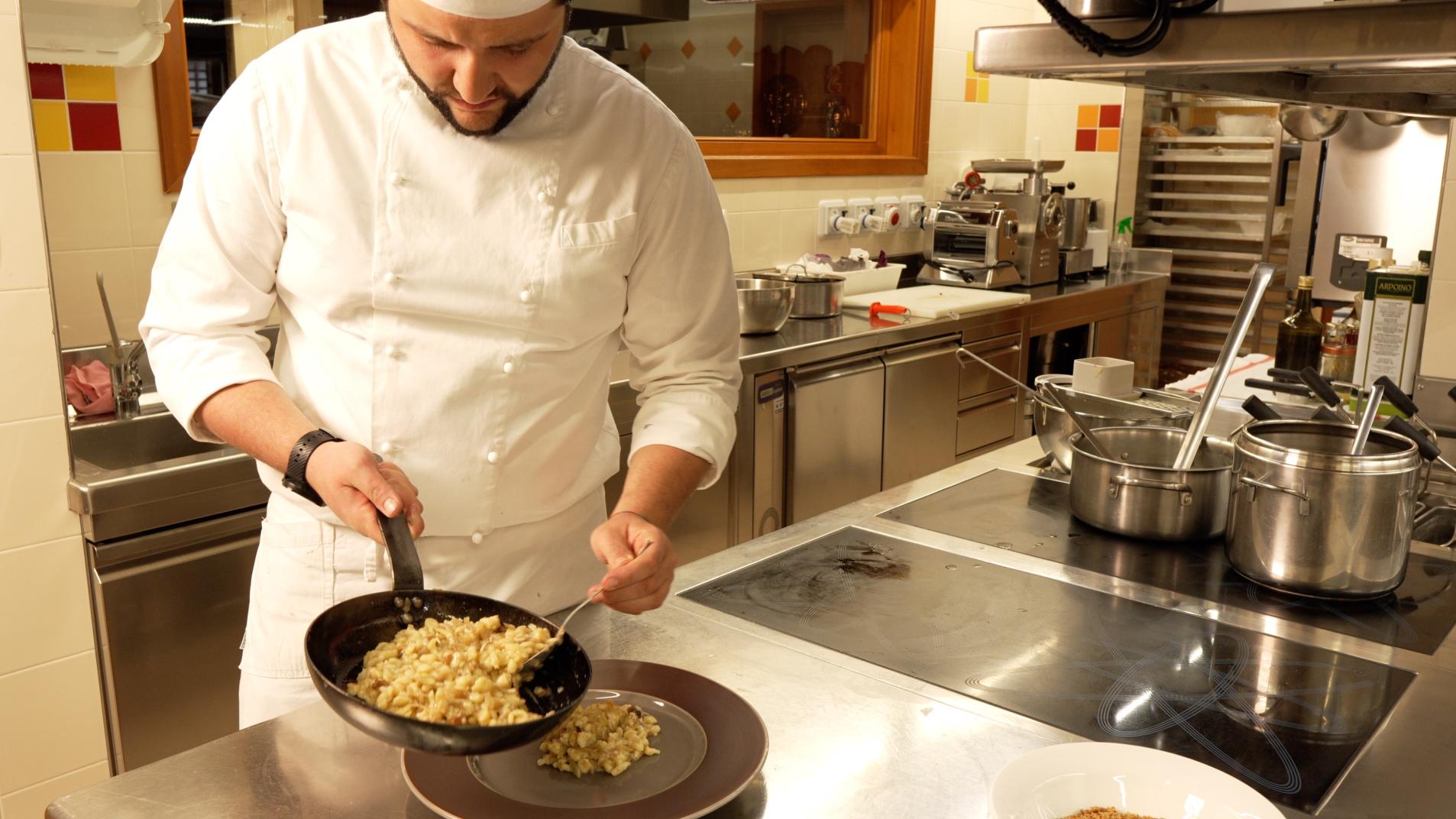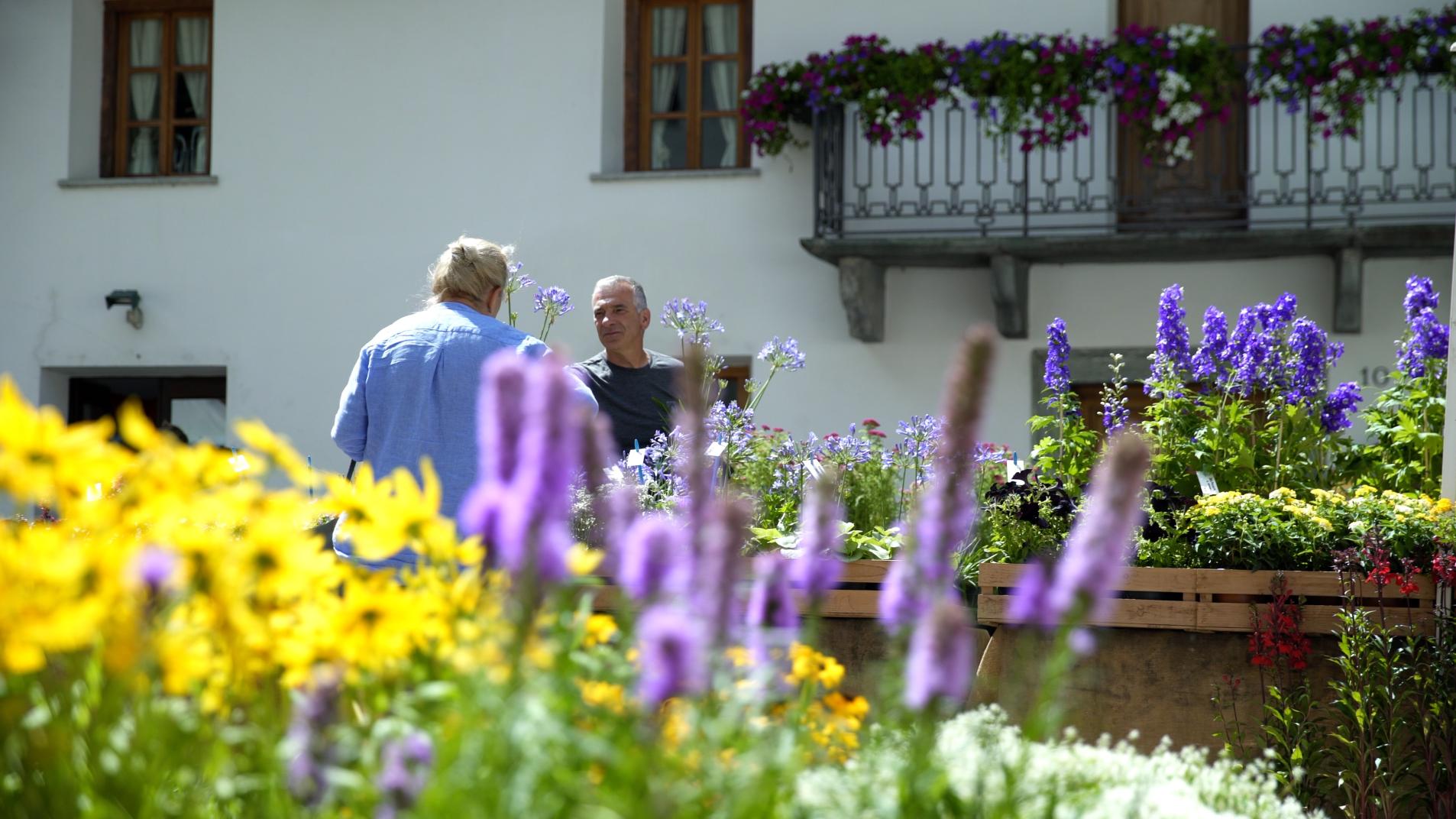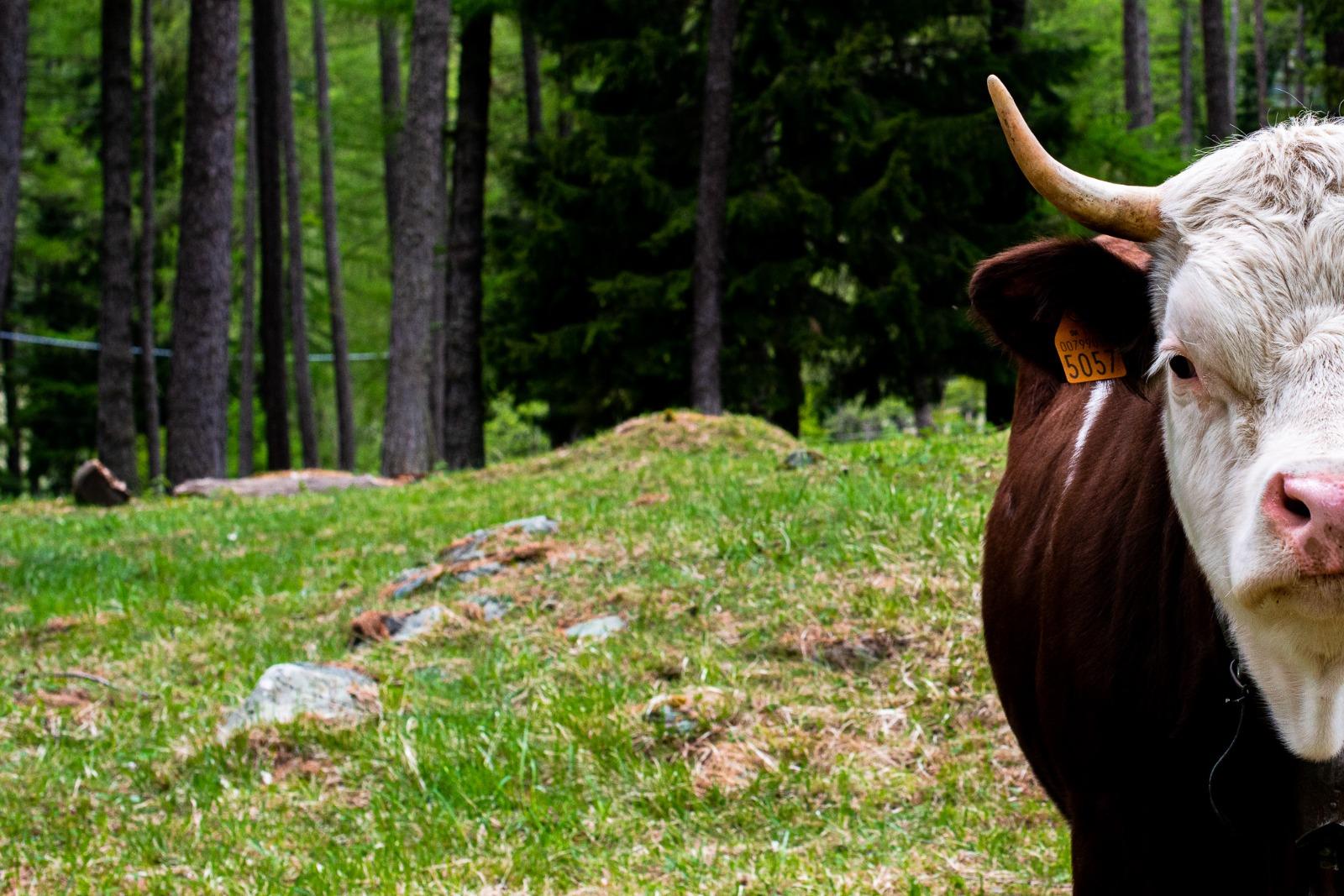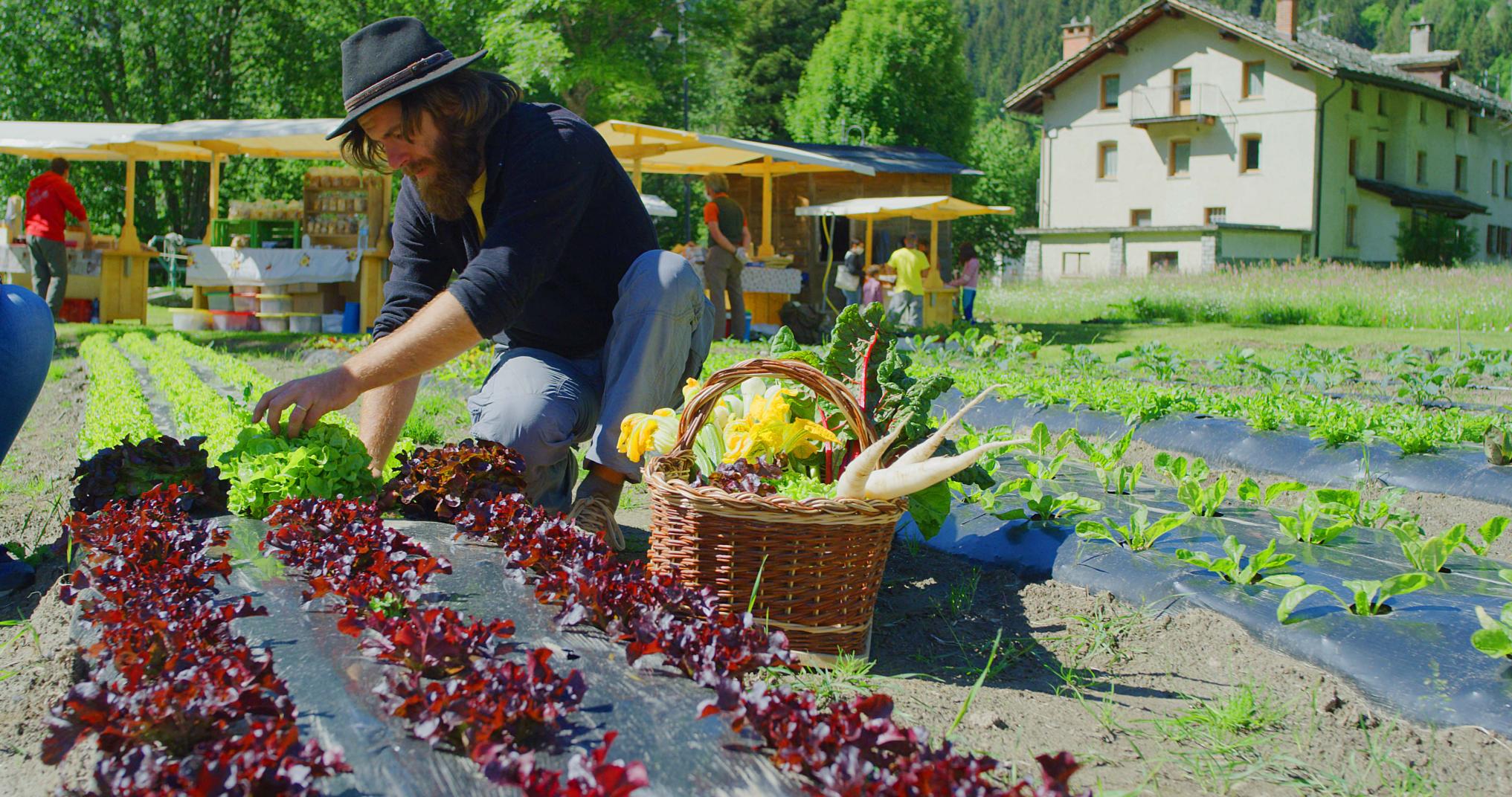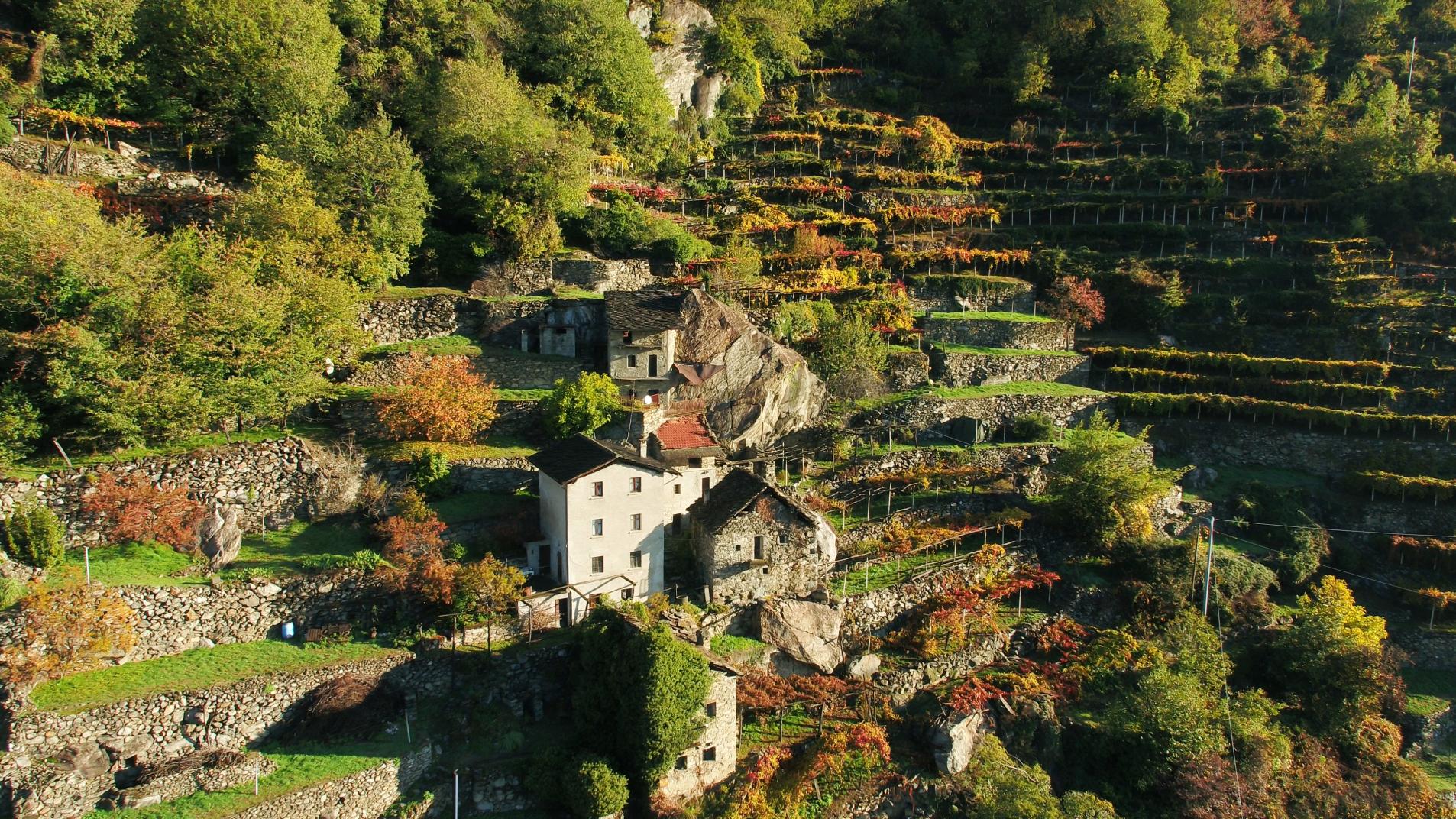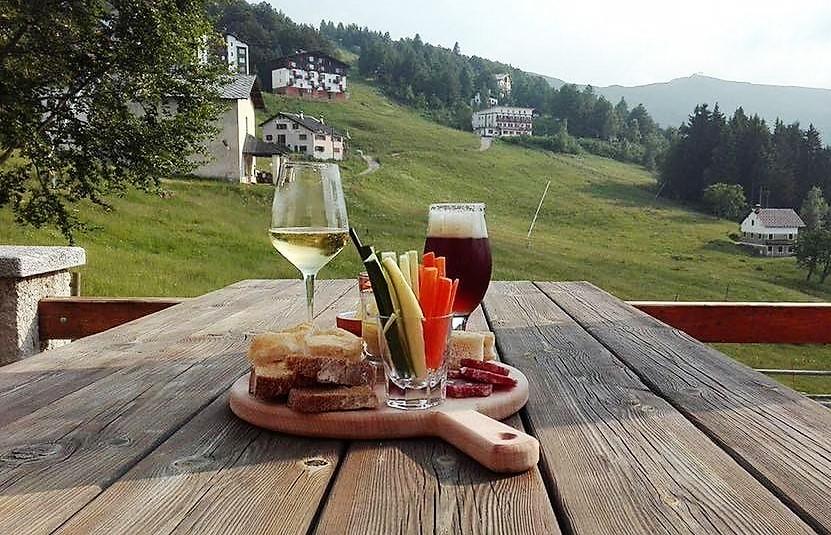The Lys Valley, particularly Gressoney, has a long history directly and indirectly linked to beer, dating back to before the unification of Italy.
In Gressoney, the fields cultivated with cereals were many and present up to an altitude of 1800, favoured by more favourable climatic conditions than today. Confirmation of the abundant harvest is the fact that barley production even allowed Victor Thumiger to set up a brewery at Bòrgòfier.
At a time when, in Italy, beer was still seen as something exotic because of the important and renowned wine production, the Gressonari became pioneers in the production and marketing of this ancient beverage, this probably thanks to the long migratory relations of the Walser people with Germany, which already possessed a brewing culture since the Middle Ages.
In 1846, a certain Mr Welf from Gressoney together with his brothers Antonio and Gian Battista Caraccio from Biella founded what was to become the award-winning G.Menabrea & Figli brewery. Initially in partnership with Anton Zimmermann, Gressonaro who lived in Alpenzù, and later managed exclusively by the Menabrea family, this was because Anton Zimmermann already owned a brewery in the city of Aosta and wanted to concentrate exclusively on his factory in the regional capital.
Zimmermann opened his brewery in Aosta, on the eastern side of today's Piazza Chanoux in 1837 after learning the art from foreign master brewers, he founded the company together with Giuseppe Menabrea and another Gressonaro, Fèlix Réal. In 1846 he dissolved the partnership with Fèlix to manage the brewery alone. Giuseppe Menabrea never took direct charge of the Aosta company. In relation to Zimmermann, one cannot fail to mention Francesco De la Pierre, a very enterprising Gressonaro who, from some documents, even seems to precede Anton in the production of beer in Aosta.
Even though the Menabrea factory was based in Biella, the link with Gressoney remained constant to the extent that Giuseppe had Villa Menabrea built in the locality of Tschôkke, next to the Valle del Lys regional road (see cover picture).
Giuseppe Menabrea died in Gressoney on 18th April 1881 and his monumental tomb can still be seen today at the Saint Jean cemetery .
Four Gressonare families were involved in brewing during the 19th century: Menabrea, Zimmermann De la Pierre and, as yet unmentioned, the Beck-Peccoz family.
In the 18th century, a young Joseph Anton Beck travelled from Staffall to Bavaria. A craftsman with great working skills, he opened a foundry here, which was very successful in the following years, bringing innovation in both the technical and social fields, introducing the first forms of assistance for employees. His merits in the social field were recognised by King Ludwig of Bavaria, who awarded Anton the title of Baron. The fusion of the two names Beck and Peccoz took place with the birth of Joseph and Angela De la Pierre's daughter Gisella, registered under the double surname Beck-Peccoz.
Joseph also had three sons born in Gressoney: Louis, Anthony and Charles.
In 1862 Joseph bought from Duke Max of Bavaria, the father of the famous Princess Sissi, all the assets of the Kühbach monastery including a brewery originally belonging to the Benedictine monks; since then the management has been in the hands of the Beck-Peccoz family.
Joseph died in 1882 and bequeathed the brewery to his son Charles, who having no children left it to his grandson Amedée Beck-Peccoz, father of Humbert, Karl and Margaretha, who in turn inherited the brewery from their father. As none of the three had children, Humbert adopted Frederick Beck-Peccoz, a nephew of his from the Beck-Peccoz branch of the family.
Frederick spent much time in Germany with his uncle learning German and preparing for the management of the brewery, which passed into his hands in 1973 when he became the owner of all the Beck-Peccoz estates in Kühbach.
He successfully managed the family business and gave a strong impetus to the production of Kühbacher Bier.
Today, the company is run by his son Umberto together with his father.
From the Kühbach brewery, every year on the occasion of the patron saint's feast of Saint John, about 15,000 litres of unpasteurised beer arrive in Gressoney, where the Bierfest takes place, a four-day event organised by the Folkloristic Group that celebrates Gressoney traditions that are in some way also linked to this year's

